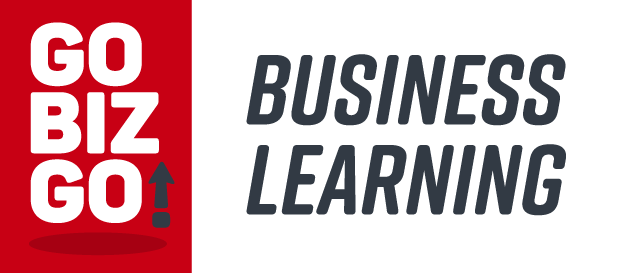Surely this title has seemed a bit scandalous to you. You will ask yourself: how come if you save taxes you will not grow? It sounds illogical. All saving is good, right? Well no! In fact, this can lead you to make a very common and expensive mistake among small businesses. I’ll explain right away.
We will start with these premises that are extremely important:
- By obligation, you have to report and pay taxes on your income to the government;
- Many small businesses will try to save taxes at all cost; and
- One of the most important factors a bank uses to give or deny you a loan is your tax return.
Where am I going with this?
An open secret: Many small businesses will go to great lengths to save taxes, even if it means modifying, omitting, and even hiding information. I know this will cause a lot of frowns, but it’s the truth. It is something that happens more often and with more people than you can imagine. Why hide the sun with a finger? Better learn from others. Trying to save taxes is a common practice. If you have a business where a lot of cash is handled, where there is not much paperwork, where you can modify certain information in your favor in terms of taxes, you surely know what I am talking about. But be very careful because this can cost you much more than you imagine.
I explain in detail and with a fictitious scenario. Suppose you own a store. Daily you deliver to many restaurants in your area. You have three delivery vans and nine employees. At the end of the year, someone (perhaps your tax preparer) recommends that you not report everything so that you save as much as you can on taxes. Fortunately, more than 50% of your sales are in cash. You follow the advice and only report low profits. You have saved a lot of money. Everything looks fine. They gave you good advice, didn’t they? Let’s see…
Your business is going great. Now you occupy a truck. You buy it. A larger warehouse. The rents. Your monthly warehouse rent changed to $9,500 per month. No problem, you can pay that and more without any problem. Your business continues to grow. If only you had the money to buy a warehouse and a couple more trucks. Can you imagine having your own winery? How beautiful it is to dream.
The owner of the warehouse you rent decides to sell it along with the property next door. Mr. Kim, in consideration of how good a tenant you are, offers it to you first. You are interested and motivated by the idea of being able to buy it. But how to get 1.2 million dollars? How about a business loan? (Monthly payments on a loan of that amount at 6% interest would be about $8,000 a month.) But if you currently pay $9,500 in rent. In addition, the warehouse also has another attached property that you could rent for around $4,000 a month. Yes, it is definitely a good option. Well. Well go ahead. You have always been very responsible: your credit is very good, you have been in business for 5 years, and you have an expansion plan. Everything seems stable.
The bank initiates the process. They assure you that you have a good chance of being granted the loan. Of course, based only on your first talk, what you say you generate per year, and what you have left free. But you will understand that the bank cannot trust only your word. They ask for copies of your federal income tax returns to prove your income. OMG. That mistake! You only reported $50,000. With that you will not be able to pay even half of your monthly payment! You say to the banker, “but look… I do have money”. That’s not really what I earn. I earn much more. believe me! I can pay that monthly payment and more.” The banker answers you, or reconsiders among himself:
I believe you. It is very common for this to happen. Your business looks active. I can see that if you have and generate money. Drive a good car. Wear good clothes. His Rolex watch is evident. But I can only believe the documentation that the bank asks for. They are very essential and strict requirements. Also, how to trust someone who is lying to the United States federal government! We are required to deny you the loan.
The above is just for you to analyze what your business does and does not do. Saving a few dollars in taxes can often become your biggest barrier to growth. In the case above, for saving a few dollars, you will be denied a loan of $1.2 million! What misfortune. What you thought was savings turned out to be a huge barrier.
In general, to obtain a business loan, the bank requires the following: documented ability to pay, down payment, government taxes, and credit history.
In conclusion, your Income determines if you get a business loan or not; your taxes prove your income; and lying on your taxes stunts your growth. Do you see where he was going? Well, I leave you with this phrase that someone wisely said: “Don’t save pennies to lose dollars!”

